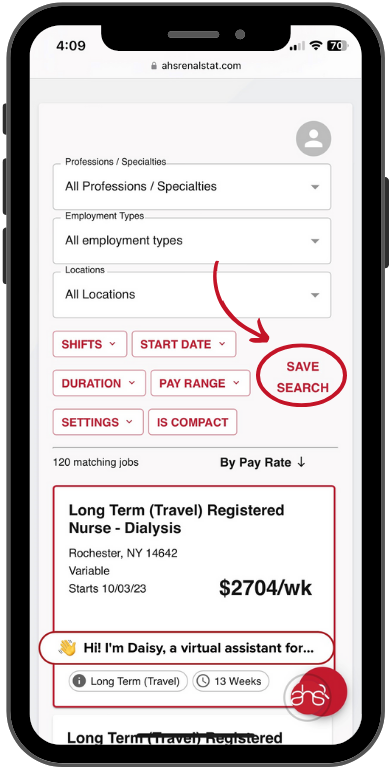As a dialysis patient, do you have a back-up plan in case of a disaster?
People on dialysis rely on water, electricity and transportation to get to their treatments, making them particularly vulnerable during emergencies or natural disasters.
2015 will go down in history as one of the worst winters parts of the country have experienced. Boston has received 73.3 inches of snow from January 12 to February 10.
That amount of snowfall will keep many inside for weeks. So what happens if your life depends on getting weekly dialysis treatments?
According to healthfinder.gov, although their health depends on working technology, many kidney-failure patients on dialysis are not prepared for natural disasters or other emergencies.
But the study from Mount Sinai Beth Israel Hospital in New York City found that giving dialysis patients detailed information about their medical history and treatment schedule could help improve their emergency preparedness.
In a separate study, researchers at Loyola University Medical Center in Maywood, Ill., also investigated how prepared their dialysis patients were for emergencies. Although 60 percent of these patients thought they were ready for an emergency, the study found 80 percent were actually ill-prepared.
“Hemodialysis patients are generally unprepared for natural disasters and there is a need to strengthen both patient and dialysis facility disease-awareness and preparedness to improve outcomes in natural disasters,” said Dr. Naoka Murakami from Mount Sinai Beth Israel.
According to healthfinder.gov, the Mount Sinai study during Hurricane Sandy in 2012 found that dialysis sessions were missed by 26 percent of patients, while two-thirds underwent dialysis at another location. With national disasters occuring more often across the country, it is important for people who depend on dialysis to have a back-up plan.
Dialysis treatment removes waste, salt and excess water to prevent them from building up in people with kidney failure.
If you are a dialysis patient, check with your dialysis provider and have a plan in place in case of a disaster. Emergency preparedness for dialysis patients is extrememly important and can save your life.
The U.S. Centers for Medicare & Medicaid Services helps people on dialysis prepare for emergencies.
AHS RenalStat
A Leading Dialysis Staffing Agency
2014 Metro 50 Award Winner
877-309-3546
www.ahsrenalstat.com
Source: healthfinder.gov


